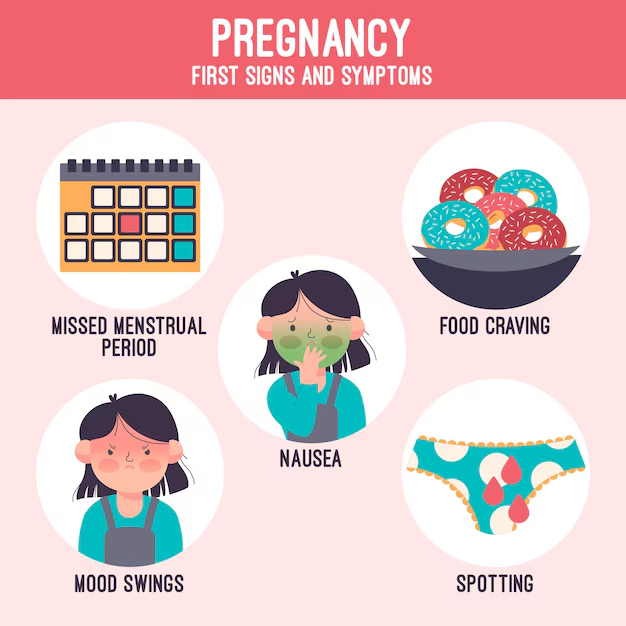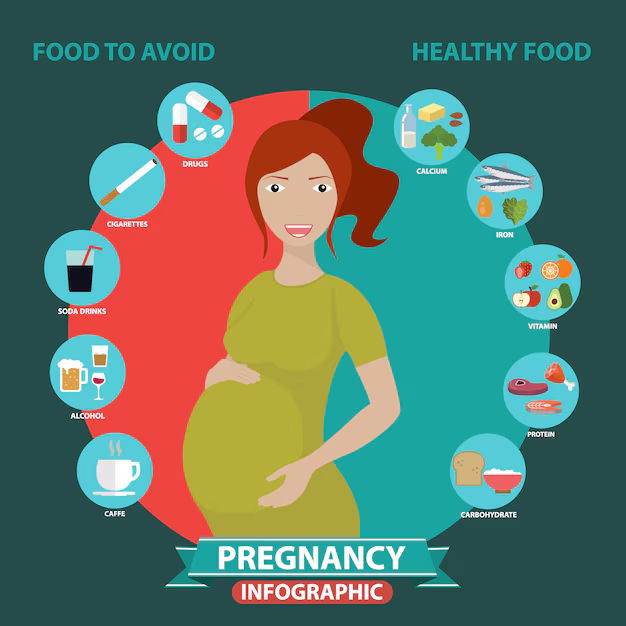Why it happens and when

Pregnancy is a beautiful journey, filled with excitement, changes, and plenty of new experiences. One of the most common and often the most uncomfortable symptoms many women face in early pregnancy is morning sickness and nausea. Despite its name, morning sickness can strike at any time of the day, leaving expecting mothers tired, queasy, and unsure of how to cope. But why does it happen, and when can you expect it to start and stop?
Let’s dive into the causes, timing, and tips to manage nausea during pregnancy so that you can feel more in control and comfortable.
Why Does Morning Sickness Happen?
Morning sickness is primarily linked to the hormonal changes that occur in your body during early pregnancy. The main hormone thought to be responsible is human chorionic gonadotropin (hCG), which begins to rise rapidly after conception. Other contributing factors include:
-
Estrogen: Higher levels of estrogen can affect the stomach lining and increase sensitivity to smells and tastes.
-
Sensitive Stomach: Some women naturally have a more sensitive digestive system, making them more prone to nausea.
-
Blood Sugar Levels: Low blood sugar levels during early pregnancy may trigger queasiness.
-
Heightened Sense of Smell: Pregnancy can heighten your senses, especially smell, causing certain aromas to feel overpowering and lead to nausea.
When Does Morning Sickness Start?
For most women, morning sickness begins between the 6th and 8th week of pregnancy. However, this can vary:
-
Some may experience symptoms as early as week 4.
-
Others might not experience any nausea at all.
While the intensity can vary from mild discomfort to severe nausea, this symptom usually peaks around weeks 9 to 10.
When Does It Go Away?
The good news is that for many women, morning sickness subsides by the end of the first trimester, around week 12 to 14. However:
-
For some, it may linger into the second trimester.
-
A small percentage of women may experience nausea throughout their pregnancy.
-
If nausea and vomiting become severe and persistent, it may be a condition known as hyperemesis gravidarum, which requires medical attention.
Eating Well Through the Nausea
Even when you feel nauseous, it’s important to try to eat well for both your health and your baby’s development. Here are a few tips:
1. Eat Small, Frequent Meals
Avoid large meals that can overwhelm your stomach. Eat small portions every 2–3 hours.
2. Choose Bland, Easy-to-Digest Foods
Crackers, toast, rice, and bananas are gentle on the stomach and often easier to keep down.
3. Stay Hydrated
Sip water, clear broths, or electrolyte-rich drinks to stay hydrated especially if vomiting occurs.
4. Avoid Triggers
Strong smells, spicy foods, or greasy dishes can worsen nausea. Pay attention to what triggers your symptoms and avoid them when possible.
5. Try Ginger or Vitamin B6
Ginger tea or supplements, as well as Vitamin B6 (after consulting with your doctor), may help reduce nausea.
When to Seek Medical Help
Mild to moderate morning sickness is a normal part of early pregnancy. But you should consult your doctor if:
-
You are unable to keep any food or fluids down.
-
You are losing weight.
-
You feel dizzy or faint.
-
You suspect you have hyperemesis gravidarum.
Prompt medical care can ensure both you and your baby stay healthy and safe.
Conclusion
Morning sickness can be tough, but it’s usually a temporary part of the pregnancy journey. Understanding why it happens and when it tends to occur can help ease anxiety and prepare you for what’s ahead. Listen to your body, rest when needed, eat what you can tolerate, and don’t hesitate to reach out to your healthcare provider if symptoms become overwhelming. Remember this phase, like many others in pregnancy, will pass, and brighter, more comfortable days are just around the corner.
Related Articles

Common Symptoms in the First Trimester and How to Manage Them

Nutrition Tips for a Healthy First Trimester

Managing body image issues

Baby development at 31 weeks

Wearing breathable underwear

How hormones affect mood

Baby development at 29 weeks

Common questions new moms ask